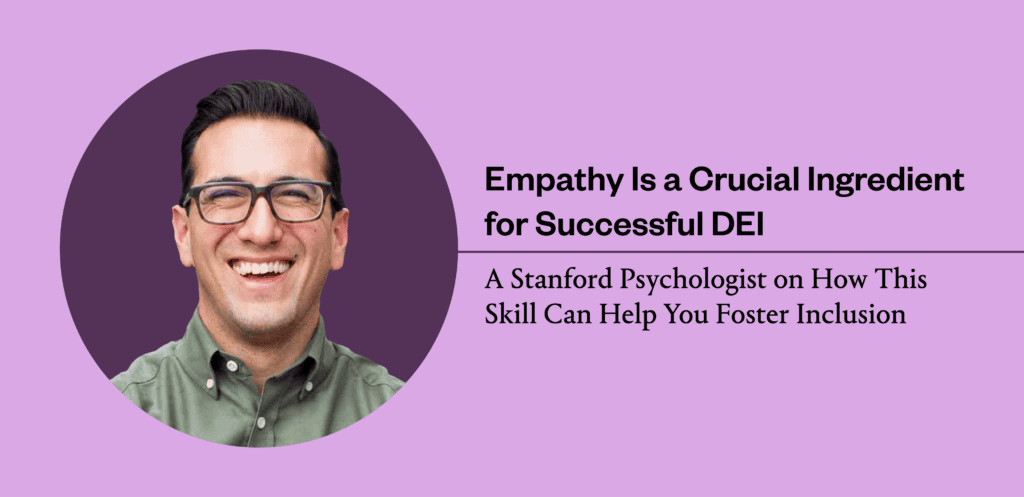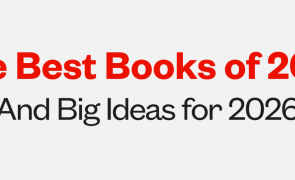Jamil Zaki is one of the brightest lights in psychology. He shows that kindness is not a sign of weakness but a source of strength.”Adam Grant, New York Times bestselling author of Think Again
Empathy is the greatest tool for leaders who want to encourage teamwork, well-being, and innovation in their organizations. There are even different kinds of empathy that we can use strategically to achieve different goals. “For instance, diversity and inclusion training is more effective if it’s coupled with training in cognitive empathy: trying to step into the perspective of someone who is different from yourself,” says Jamil Zaki, author of The War for Kindness and a top mental health speaker. But how do you actually implement it in the day-to-day?
Good news, says Jamil: empathy is a skill that anyone can learn and strengthen. And when we develop this skill in ourselves and our cultures, we’ll build workplaces where employees and leaders are not only happier, but also more innovative and effective.
In practical talks, Jamil offers research-backed strategies for leaders to strengthen their empathy. He speaks without blame—one of the most compelling aspects of empathy, he says, is that it allows you to engage in meaningful conversations about inclusion without feeling like you have to wade through a “muddy river of guilt” first. He demonstrates how you can put different kinds of empathy into practice, using tools like “precision listening” to ensure people from all backgrounds and perspectives feel seen, heard, and understood.
















